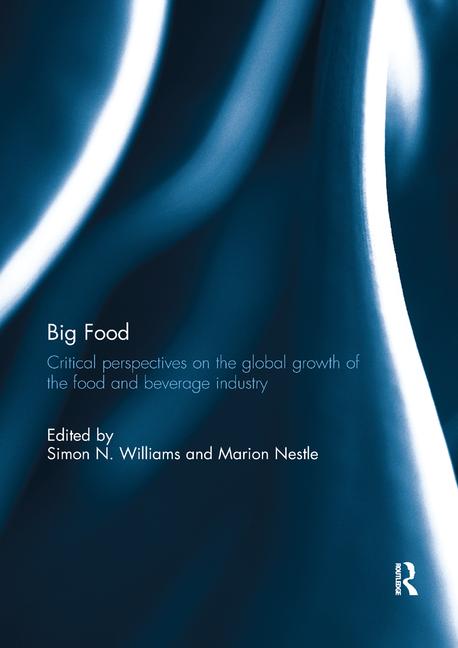Mondelez Reports Progress on Global Well-Being Goals
Metrics include mindful snacking, sustainability, communities and safety

Mondelez International issued its first report highlighting the company's progress against its global well-being goals. The report details important steps Mondelez International has made to meet key well-being metrics in the areas of mindful snacking, sustainability, communities and safety.

|
"Our business success is directly linked to enhancing the well-being of the people who make and enjoy our products and to supporting the communities where we grow our ingredients. It's this belief that inspired our Call For Well-being," said Irene Rosenfeld, Chairman and CEO. "We've made important progress in answering this call. Yet we realize there's still more to be done. We'll continue working with our employees, partners and communities to develop solutions that help create lasting change."
The Call For Well-being brings together employees, partners and suppliers to coordinate actions in the four key areas that support its global strategy to protect the well-being of the planet. Since the company's launch in October 2012, Mondelez International has advanced its well-being efforts by providing consumers with mindful snacking options; securing a sustainable agriculture supply; reducing its environmental footprint; partnering with communities to promote healthy lifestyles; and ensuring that the people who make and enjoy the snacks it makes are safe.
Following is a summary of the company's progress toward achieving these goals:
Mindful Snacking
On target to meet goal of delivering 25 percent of revenue from Better Choices by 2020. In 2013, 22 percent of revenue was from Better Choices products.
On target to increase individually wrapped portion control options by 25 percent by 2020. Since 2012, Mindful Portion products grew by 7 percent.
Sustainability
On target to reach goals to sustainably source key commodities. In 2013, 10 percent of cocoa, 56 percent of coffee and 44 percent of West European biscuits were sustainably sourced. Also, established third-party verification for the Cocoa Life program that will measure its impact on farmers and their communities.
Achieved goal to have 100 percent of palm oil RSPO (Roundtable on Sustainable Palm Oil) – two years ahead of 2015 commitment.
On target to reach global goals to reduce greenhouse gases (GHG) and water use in manufacturing by 2015. In 2013, reduced water use by 11 percent and GHG emissions by 9 percent.
More improvement needed to reach goal of reducing energy use in manufacturing by 15 percent by 2015. Reduced energy use by 6 percent through 2013.
Exceeded goal to reduce manufacturing waste by 15 percent by 2015 – 46 percent reduction through 2013.
Communities
On target to meet goal to invest $50 million in lifestyle community partnerships. In 2013, allocated $25 million to programs covering 10 countries.
Safety
On target to achieve FSSC 22000 (Food System Safety Certification) for all internal manufacturing facilities by 2015. By end of 2013, 75 percent of manufacturing sites were FSSC 22000-certified.
Looking for a reprint of this article?
From high-res PDFs to custom plaques, order your copy today!








